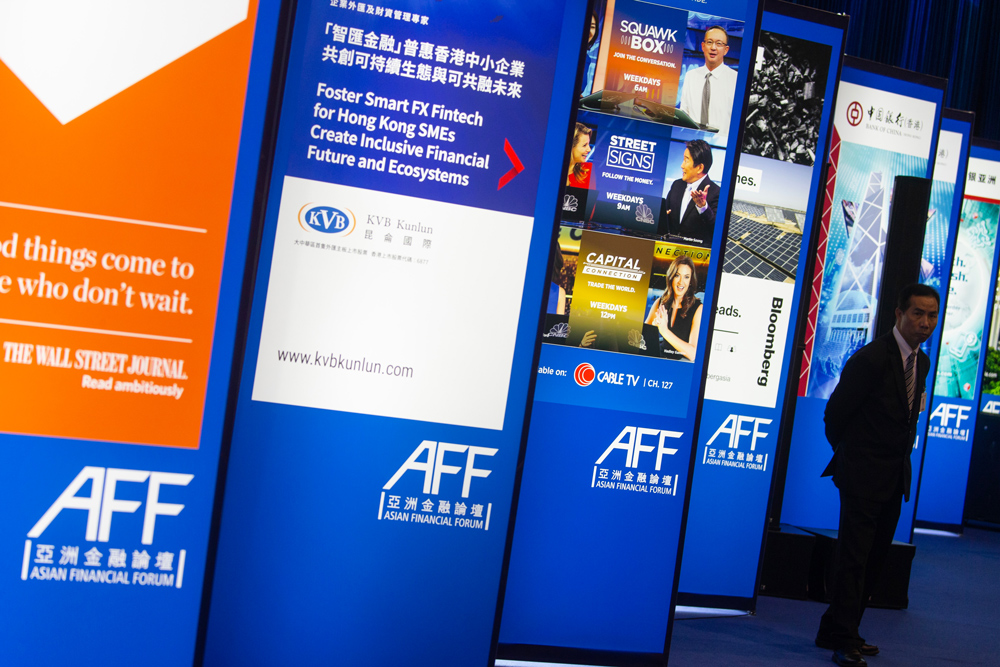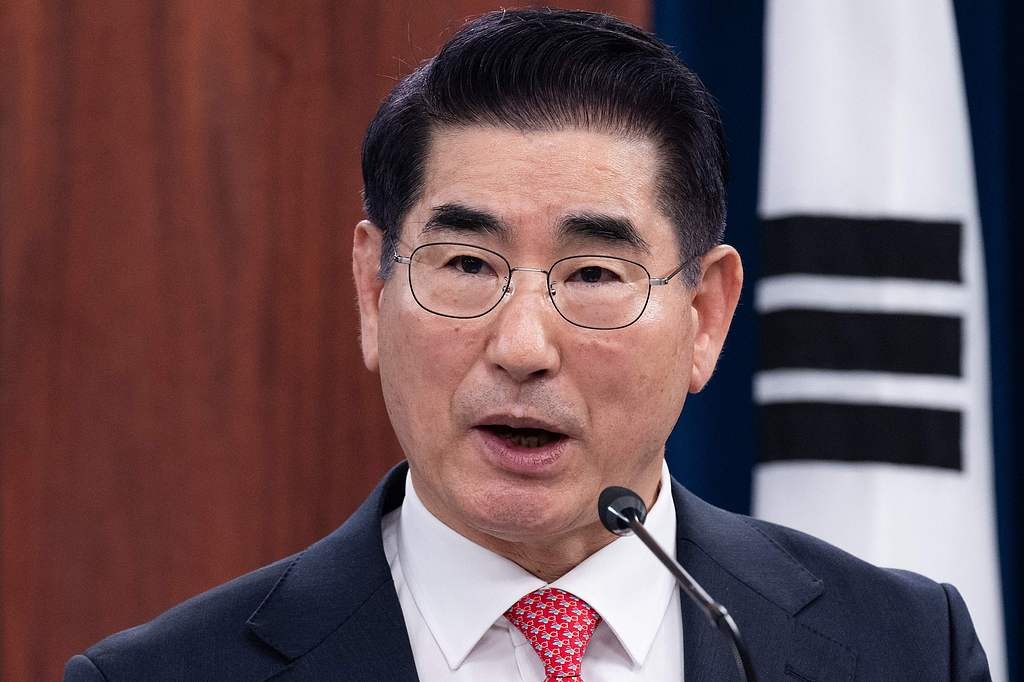Where are the missing impact investments?
By Alfred Romann | China Daily | Updated: 2019-01-15 09:40

Consider having $10 million to invest. The primary goal, of course, is to make money on this money. Now, consider a choice between making this money from an investment with a positive impact on society or one with no impact or even a negative impact. And now consider that the returns on either choice are essentially the same.
The choice seems easy enough since there would be no downside to choose the investment that generates "shared value" for the investor, the target and society as a whole. Surprisingly, very few investors actually make this choice or even consider it, despite a rather impressive pile of evidence that forward-looking impact investing generates the same or even greater (or more stable) returns over the long term than investments based solely on past performance. This is particularly true in Asia.
The total amount of impact investment in Southeast Asia over the past decade, for example, is about $904 million from 225 transactions. This total is peanuts. If anything, it is evidence that investors have not really bought into the idea of devoting their portfolios to impact investments. To put it in context, development finance institutions have poured $11.3 billion into the region in the same period - that's 12 times as much. Private investors are virtually absent from the picture.
And the global needs are much, much greater. The United Nations estimates that between $5 trillion and $7 trillion of investment per year is needed to meet its Sustainable Development Goals.
Most of the planned "investments with impact", to borrow a phrase from Naina Subberwal Batra, chairperson of the Asia Venture Philanthropy Network, are done by rich families looking to diversify their portfolios.
Most bankers and fund managers have dealt with investors who, as soon as the discussion turns to sustainability or impact, respond along the lines of "It's OK, I gave at the office". The problem is that investors across Asia often still think about impact investment or sustainable investment in the same way they think about philanthropy: as bits of extra throwaway money.
This attitude has to change. It needs to change for the sake of the future of the world and, frankly, for the health of investment portfolios.
The arguments are neither new nor unheard of; it's just that they have not sunk in.
The UN underlined these arguments in 2006 when it issued its Principles of Responsible Investment, and again in 2015 when it adopted a sustainable development agenda.
Also in 2006, and then again in 2011, Michael Porter and Mark Kramer, two professors at Harvard University, put forward the idea of "creating shared value" (quickly packaged under the acronym CSV). CSV posits that businesses should act in more than their best long-term interest and, in so doing, act toward their growth and the growth of economies, markets and communities. Further highlighting the current importance of these themes is the Asian Financial Forum this week in Hong Kong, which is focused on "creating a sustainable and inclusive future". A China Daily roundtable, to be held on Tuesday as part of the AFF, will examine the entire ecosystem of social and impact investment in Asia, an ecosystem that includes investors and corporations, bankers and fund managers, organizations and development institutions and, yes, individuals both rich and not, who have to make choices between investments with or without a positive impact.
It is imperative that all of these stakeholders, particularly the investors, take these ideas seriously.
One count by the Boston College Social Welfare Research Institute in 2003 suggested that the next generation of high net worth individuals would inherit some $41 trillion in assets. Those inheritances are being passed down right now. What happens with those assets could change the world, for better or worse.
Impact investing is an important tool to address social and sustainability issues, but it is not an immediate solution (not like flipping a switch). It is a process to address social issues. The process has to be supported by regulations, incentives and the buy-in of all stakeholders. Impact investment does not require enormous trade-offs between profits and social change, but it does require consideration and commitment.
The great mystery is why, across Asia, it doesn't have both.
The author is managing director at Bahati Ltd, a media and editorial services consultancy in Hong Kong.
























